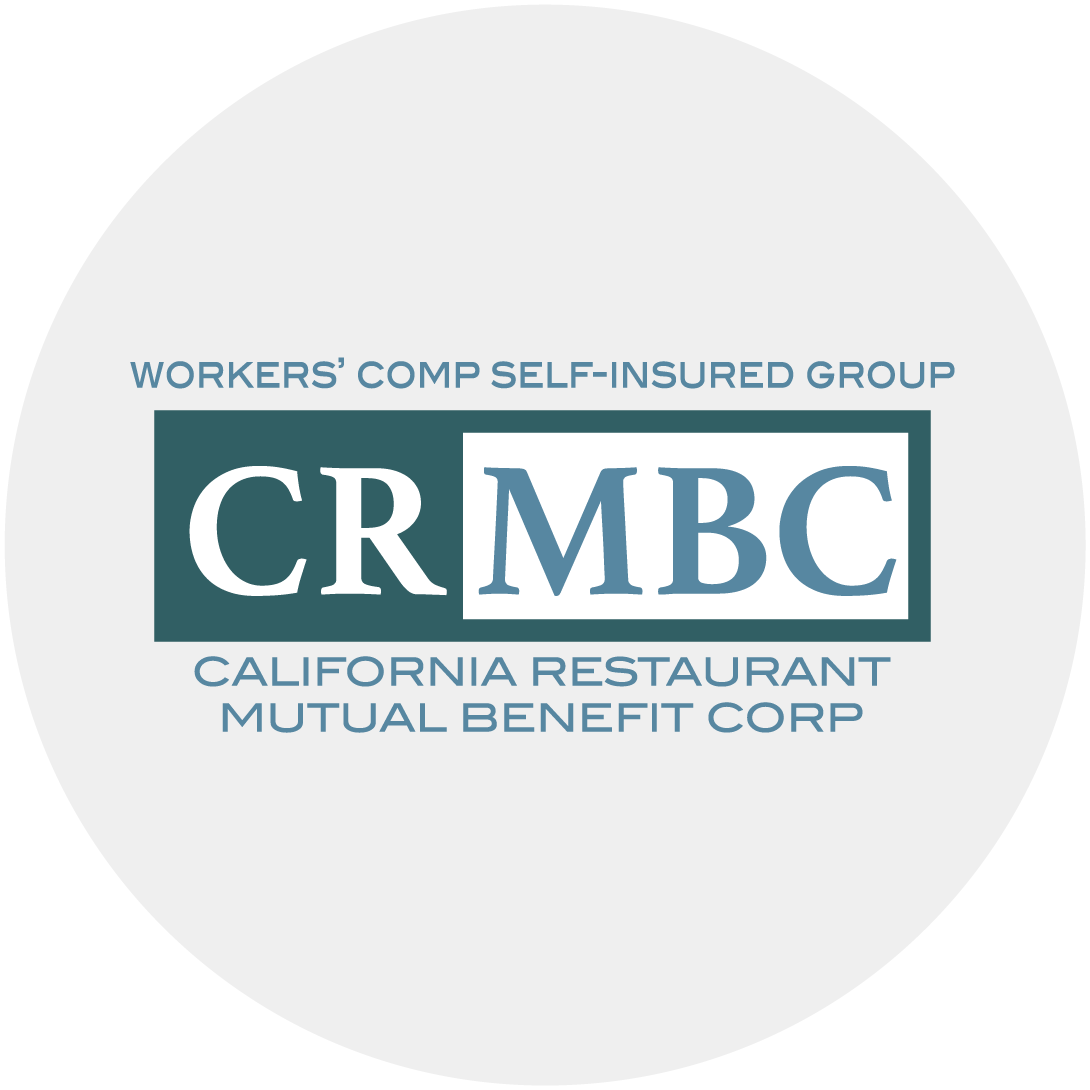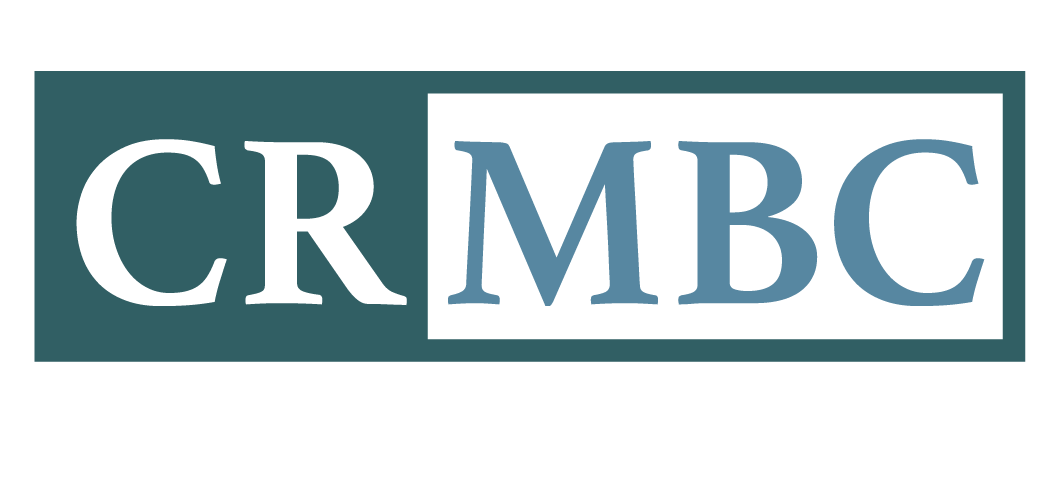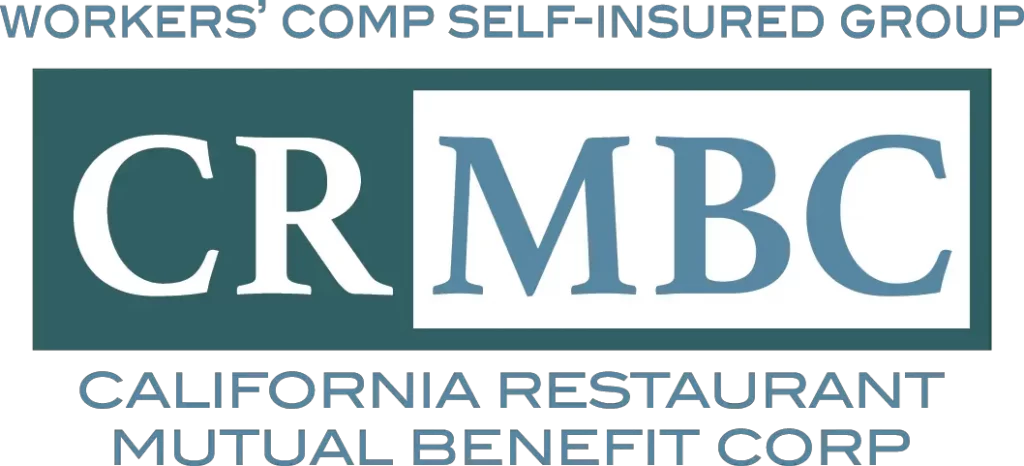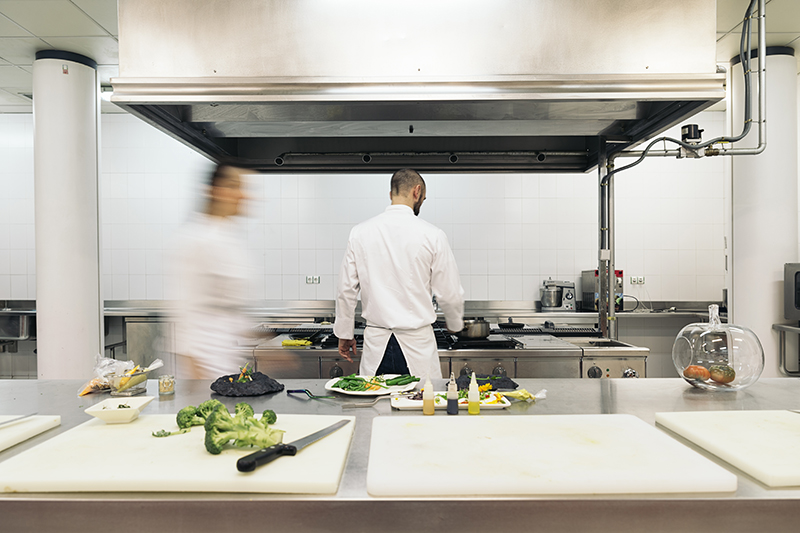With the January 1, 2025 renewal deadline fast approaching, restaurant owners across California face a critical decision: stick with traditional workers’ compensation insurance or take control of their costs and claims by joining a self-insured group like CRMBC. With operational expenses often spiraling out of control, workers’ compensation insurance is one of the biggest cost centers for many owners. However, many California restaurateurs are turning to self-insurance to gain greater control over their claims and reduce costs, helping their businesses thrive in an unpredictable landscape.
We spoke with CRMBC members who have embraced self-insurance, and it’s clear that the advantages go far beyond just financial savings. These operators have not only seen a reduction in costs, but they’ve transformed their approach to managing workplace injuries, leading to healthier bottom lines and improved company cultures.
Taking Control of Claims and Cutting Costs
When Shamez Jivraj, a multi-unit KFC and Pizza Hut operator in San Diego, first joined CRMBC, his motivation was simple: lower premiums. However, as he became more involved in the group, he realized that the actual value lay in the control over claims management. “Being part of a member-driven organization gives us much more input into managing our claims,” he says. “That allows us to manage our costs better and ensure our team members are cared for properly.”
The insurer often makes all the decisions in a traditional workers’ compensation system. Claims can be handled in ways that don’t prioritize the business owner’s or the employee’s needs, leading to higher costs and frustration. Self-insurance, by contrast, allows business owners to take an active role in overseeing claims, providing employees with better care, and potentially reducing unnecessary litigation costs.
Rodney Couch, CEO of Preferred Hospitality, echoes this sentiment. “Traditional insurance companies are working against you. When we self-insure, we can work directly with the administrators and ensure our people are treated well, claims are paid quickly, and costs are kept down.”
For these restaurateurs, controlling their workers’ compensation isn’t just about saving money—it’s about controlling their destiny. By working with experienced third-party administrators (TPAs), they ensure claims are resolved quickly, efficiently, and in a way that benefits everyone involved.
Cultural Shifts: Workers’ Compensation as a Business Strategy
One of the most potent aspects of self-insurance is the cultural change it promotes within a restaurant operation. In many cases, restaurant owners find that it permeates the entire company as they take workers’ compensation more seriously.
Selwyn Yosslowitz, founder of Marmalade Cafe, believes in the importance of a proactive culture around workers’ compensation. “We’ve learned that workers’ comp can’t just be a line item on the P&L,” he explains. “It’s something that everyone in the company needs to focus on. When our general managers buy into it, they can make sure our employees are treated well, and as a result, we’ve seen claims drop significantly.”
CRMBC members like Yosslowitz place a significant emphasis on leadership involvement in claims management. The company’s focus on employee morale and swift response to injuries has led to a lower loss ratio—an impressive 17%, far below the average in the restaurant industry.
“We’ve made workers’ comp a priority,” Yosslowitz shares. “And it’s paid off regarding financial savings and how our team feels about working here. We’re ensuring the company takes care of them, which has had a huge positive impact.”
The CRMBC Advantage: A Group of Like-Minded Operators
The collaborative nature of CRMBC’s self-insured group is another factor that differentiates it from traditional insurance. In a typical insurance setting, restaurant owners may feel isolated and forced to accept the decisions of faceless adjusters. However, with CRMBC, members benefit from being part of a community of like-minded business owners, each with a vested interest in reducing claims and lowering premiums.
Ray Villaman of the Tahoe Restaurant Group joined CRMBC after realizing the advantages of pooling resources with other restaurateurs. “In a self-insured group, the members have skin in the game. We’re all working together to reduce claims and share best practices,” he says. “Being part of CRMBC gives us the power to influence how claims are handled and ensures that we have the resources to fight fraudulent claims effectively.”
Villaman points to the shared knowledge within the group as a game changer. “We can ask other restaurant owners what’s working for them and what’s not and make changes to improve our operations. The value of that kind of insight is immeasurable.”
Real Success Stories: CRMBC Members Leading the Way
The results of self-insurance through CRMBC are clear. The financial benefits have been immediate for many of its members, but the true power lies in the long-term impact. For example, Yosslowitz reports that his company’s workers’ compensation claims have drastically reduced over the past few years thanks to the proactive measures they implemented.
“We went from having multiple claims a year to only a few,” he says. “By getting involved in the claims process, we’ve prevented problems before they escalate, saving us both money and hassle.”
Similarly, Villaman credits the group’s control over claims for preventing potentially costly legal battles. “In traditional insurance, we would have been stuck with a bad settlement, but with CRMBC, we can influence the outcome. It’s that direct involvement that makes all the difference.”
The Bottom Line: Why Self-Insurance Works for Restaurants
As the restaurant industry faces increasing challenges—rising wages, labor shortages, and fluctuating insurance premiums—self-insurance has proven to be an innovative, sustainable choice for many restaurant owners. The ability to control workers’ compensation claims, reduce administrative costs, and foster a culture of care and accountability has proven to deliver financial savings and a competitive edge.
For restaurateurs considering a move to self-insurance, the key message is clear: take control of your workers’ compensation strategy, and you’ll find cost savings and a stronger, more resilient business. As Villaman says, “Don’t let the insurance company control your future. With CRMBC, you can control your own destiny.”
Get in touch with us now to learn how self-insurance can transform your workers’ compensation strategy and save you money.

Discover CRMBC’s expertise in workers’ compensation for California restaurants, featuring valuable insights, updates, and strategies for industry success.






